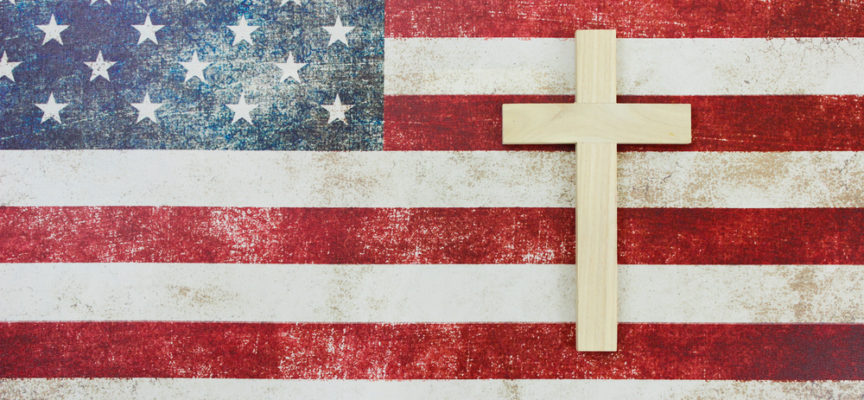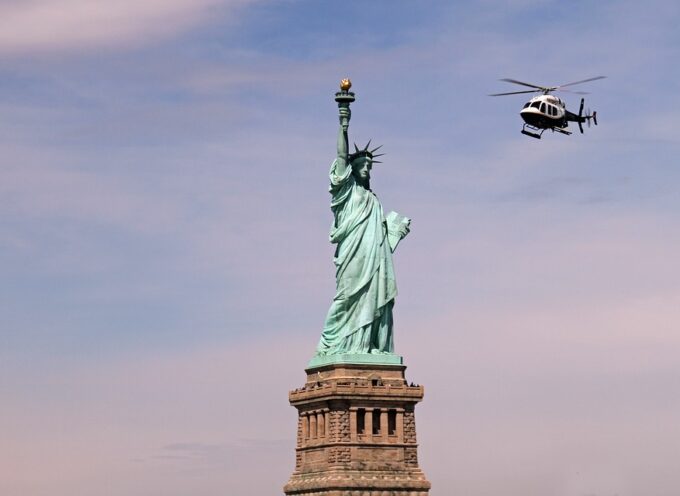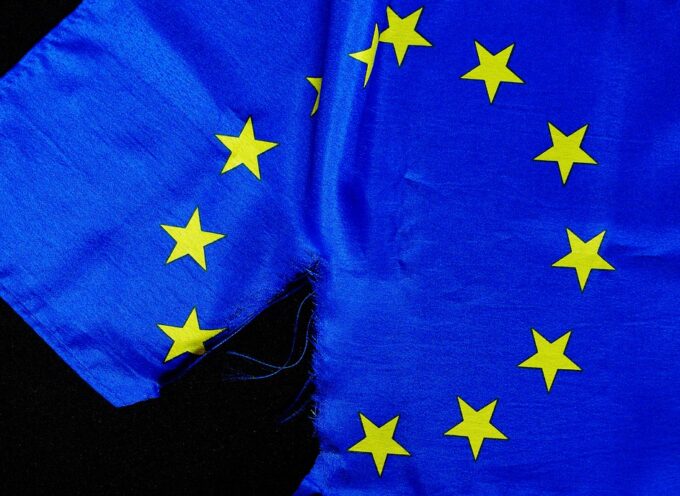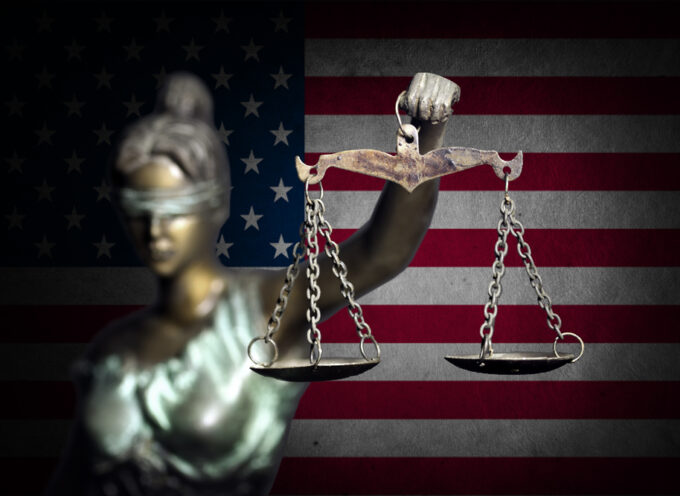When the Lord returns victorious, we will meet him first and foremost as Christians. But we will also meet him as twenty-first century Americans. Being an American is not the most important part of our identity, but it is an inescapable part and one for which we will give account. We owe it to God and to our fellow citizens not only to build strong Christian communities but to seek the common good via political means even—and especially—in upcoming years as we find ourselves increasingly decentered and in a position of social, cultural, and political weakness.
Recently, Dr. Timothy George interviewed me for his podcast, and we discussed a number of issues related to a Christian’s public witness in our American context. Here is the link to our interview, and here is an outline of the questions he asked me:
- What in your own journey of faith has provoked your interest in Christianity’s relationship with culture?
- Why do you think Christians struggle to figure out how, or if, they should participate in the public square?
- What role does the biblical narrative play in shaping our participation in politics?
- You conclude your book, One Nation Under God, with a chapter on Augustine. Why do you find Augustine, and church history in general, to be an important figure for Christians in the 21st century?
- How can Christians do politics in a post-Christian country without sacrificing their witness in the process?
- What are your thoughts on The Benedict Option, and its recommendations for Christian engagement in culture?
- What practical advice would you give to Christians who fit one of these extremes: the ones who want nothing to do with politics, and the ones who are almost obsessed with politics?
- What is it like to be Provost and Dean of Faculty at a school of over 3,400 students?
May the Lord grant us the wisdom and courage to be public witnesses even from a position of social, cultural, and political weakness.
Subscribe
Never miss a post! Have all new posts delivered straight to your inbox.







